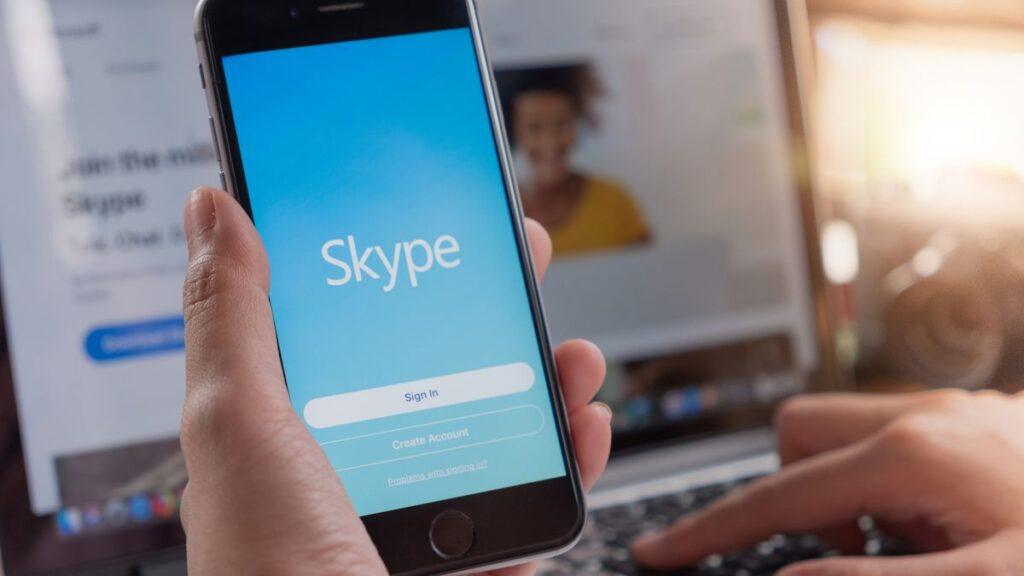- Microsoft wants to sell you a subscription to use Skype
- You can no longer buy Skype credit to make phone calls
- Custom phone numbers have been discontinued, they are not replaced
You’d be forgiven for thinking that Microsoft Teams completely replaced Skype when it launched in 2017, but its video conferencing predecessor is still going strong and has jumped on the subscription bandwagon.
In a major change for the platform, Microsoft has quietly removed two of its key premium features: Skype credit and custom phone numbers.
Instead, Microsoft is pushing Skype customers to sign up for calling plans, ending the flexibility that one-time credits once offered and potentially making them more expensive for irregular users.
Skype is subscription based
The change was first noted by a moderator on Microsoft’s Skype forums, who stated: “Skype has stopped purchasing Skype credit for all users. The only option available now is monthly calling subscriptions.”
Microsoft later confirmed the changes in an email to TechCrunchAnd he added: “continuously evaluate the product strategy based on customer usage and needs.”
Anyone who has credit already applied to their account can continue to use it, as long as they use it once every six months to keep it active, however, it is no longer possible to make new purchases with credit.
Calling landlines and mobile numbers now requires a subscription, and Skype-to-Skype calls remain free and unaffected. However, users of Skype virtual phone numbers for international calls or outgoing SMS messages have been the most affected, because Microsoft has not confirmed a direct replacement.
In the years since its $8.5 billion acquisition of Skype in 2011, Microsoft has slowly deprioritized the platform and largely replaced it with Teams. The company no longer shares its user base in earnings reports; However, increased competition from companies like Zoom and Cisco has put pressure on Skype in a post-pandemic world where video conferencing remains a staple of hybrid work.
Meanwhile, Skype’s interface still suggests that users can purchase credits, leading to failed payments. Microsoft acknowledged the inconsistency in its message and promised to update it accordingly.




